
Catch up on previous webinars
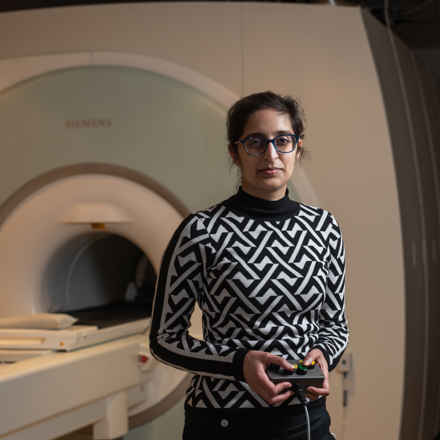
Understanding Charles Bonnet Syndrome
Tuesday 17 June 2025
Dr Jasleen Jolly has been uncovering some of the mysteries surrounding Charles Bonnet syndrome (CBS) – a condition that causes people with any sight loss condition to see things that aren’t really there. Join us to hear the latest research and Dr Jolly's findings.
Watch the webinar
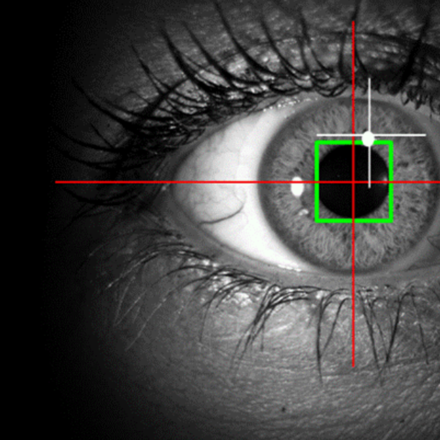
Helping people with sight loss read more easily
Tuesday 20 May 2025
Reading can be slow, tiring, and less enjoyable for those with central vision loss. Dr Dirk Seidel shares a new technique, Biomimetic Scrolling, designed to make reading earlier and more comfortable for people with sight loss.
Watch the webinar
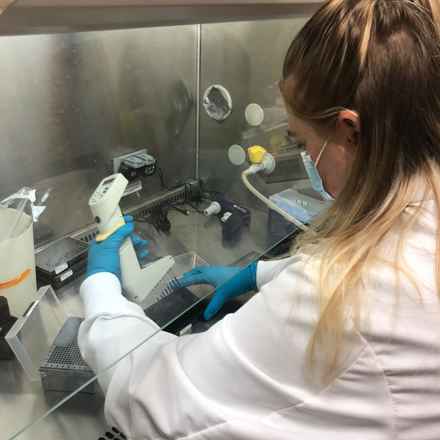
Could plants be used to treat macular disease?
Tuesday 15 April 2025
Professor Dulcie Mulholland and PhD student Elisha Griffin explore whether 'homoisoflavonoids', found in rare hyacinth plants, could help prevent abnormal blood vessel growth in the macula.
Watch the webinar

Costs and benefits of wearable low vision aids
Tuesday 18 March 2025
Dr Keziah Latham and PhD student Andrew Miller from Anglia Ruskin University, join us to discuss the latest findings from their groundbreaking research project which has been comparing different LVAs.
Watch the webinar
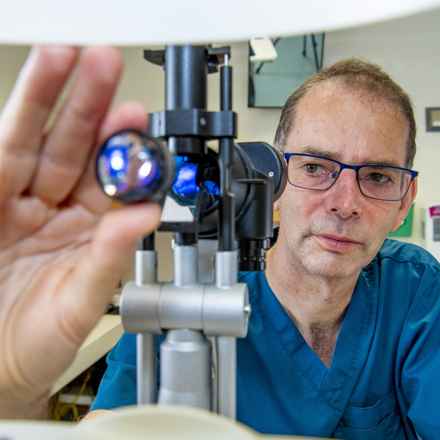
New approved treatment for wet AMD
Tuesday 18 February 2025
Andrew Lotery breaks down new treatment Lytenava and how it compares to existing treatments, such as Eylea and Lucentis, its potential benefits, and what this approval means for NHS patients.
Watch the webinar

Update in treatments for macular degeneration and what to expect in 2025
Tuesday 21 January 2025
Professor Richard Gale joins us to cover all the exciting developments for wet and dry AMD, as well as diabetic macular oedema. From recently approved treatments in the UK to the growing role of biosimilars, find out about the progress being made.
Watch the webinar
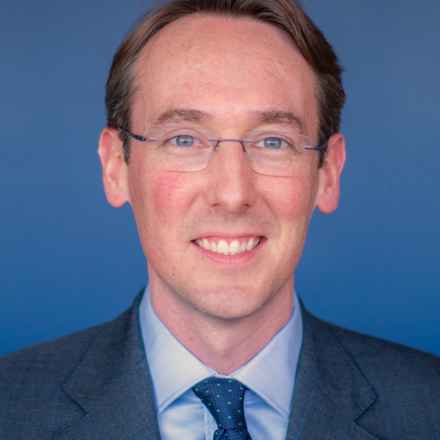
Can supplements slow the progression of late-stage AMD?
Tuesday 19 November 2024
New research has found that taking a daily vitamin and mineral supplement can slow the progression of late-stage dry age-related macular degeneration (AMD), otherwise known as geographic atrophy (GA). Dr Tiarnan Keenan joins us to discuss these new findings and answer your questions.
Watch the webinar
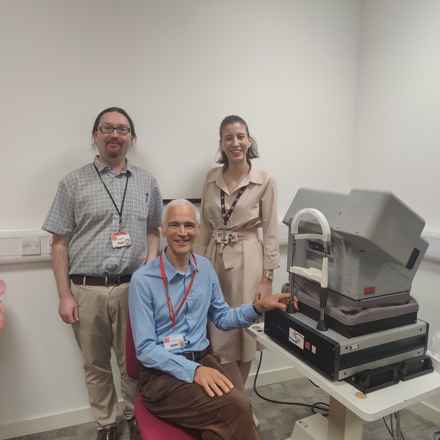
Researchers investigate new test for early AMD
Tuesday 15 October 2024
Dr Ashley Wood and Vera Silva from Cardiff University discuss new research into early age-related macular degeneration (AMD). Dr Wood’s team is developing technology to detect early changes in vision, especially difficulties adjusting to low light, which could help diagnose AMD sooner.
Watch the webinar
Register for our latest webinar
Watch our latest webinars online. We asked the experts the questions you wanted answered: on food, staying safe at the eye clinic, and different macular conditions. Catch up with any webinars you missed, or watch again in your own time.



